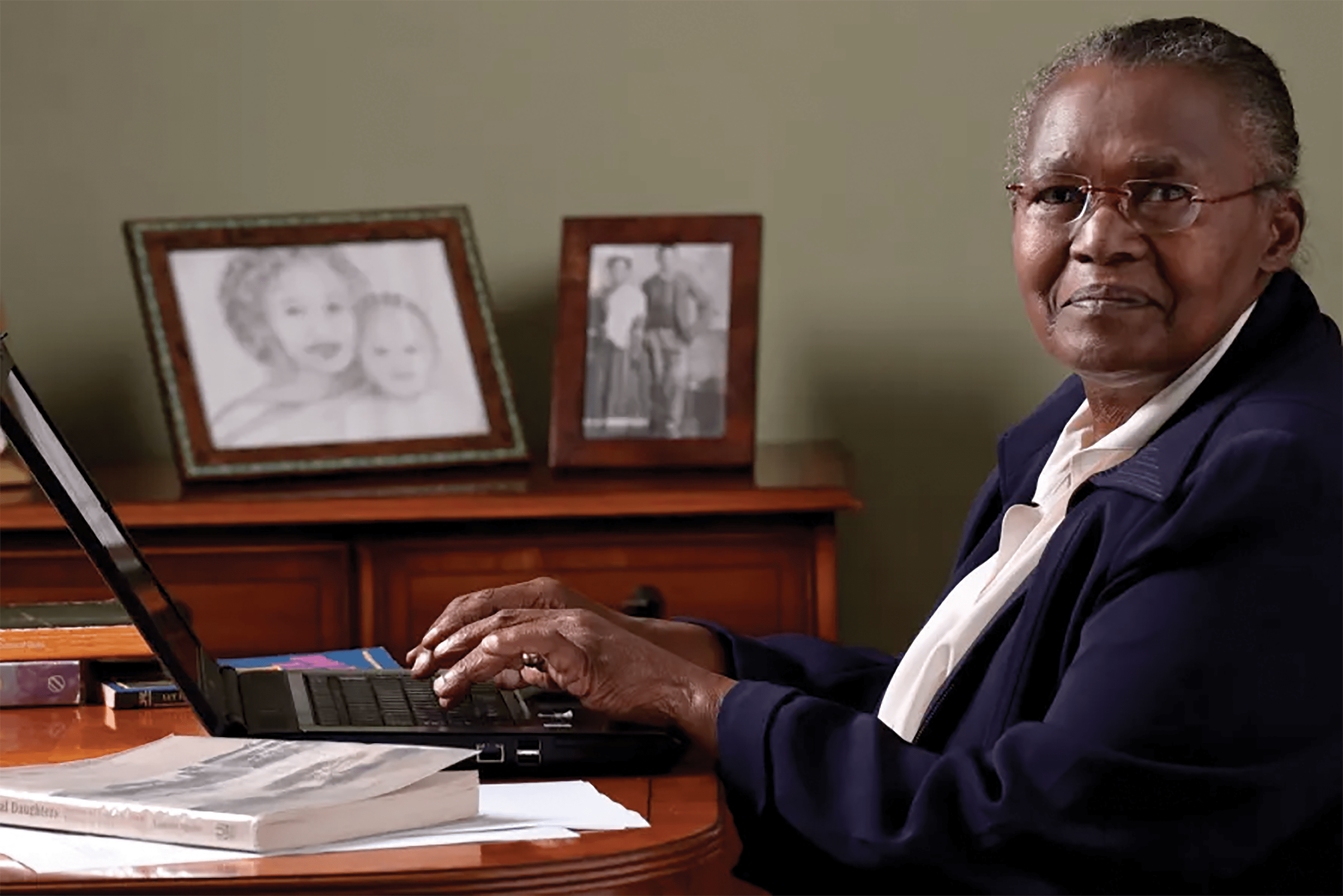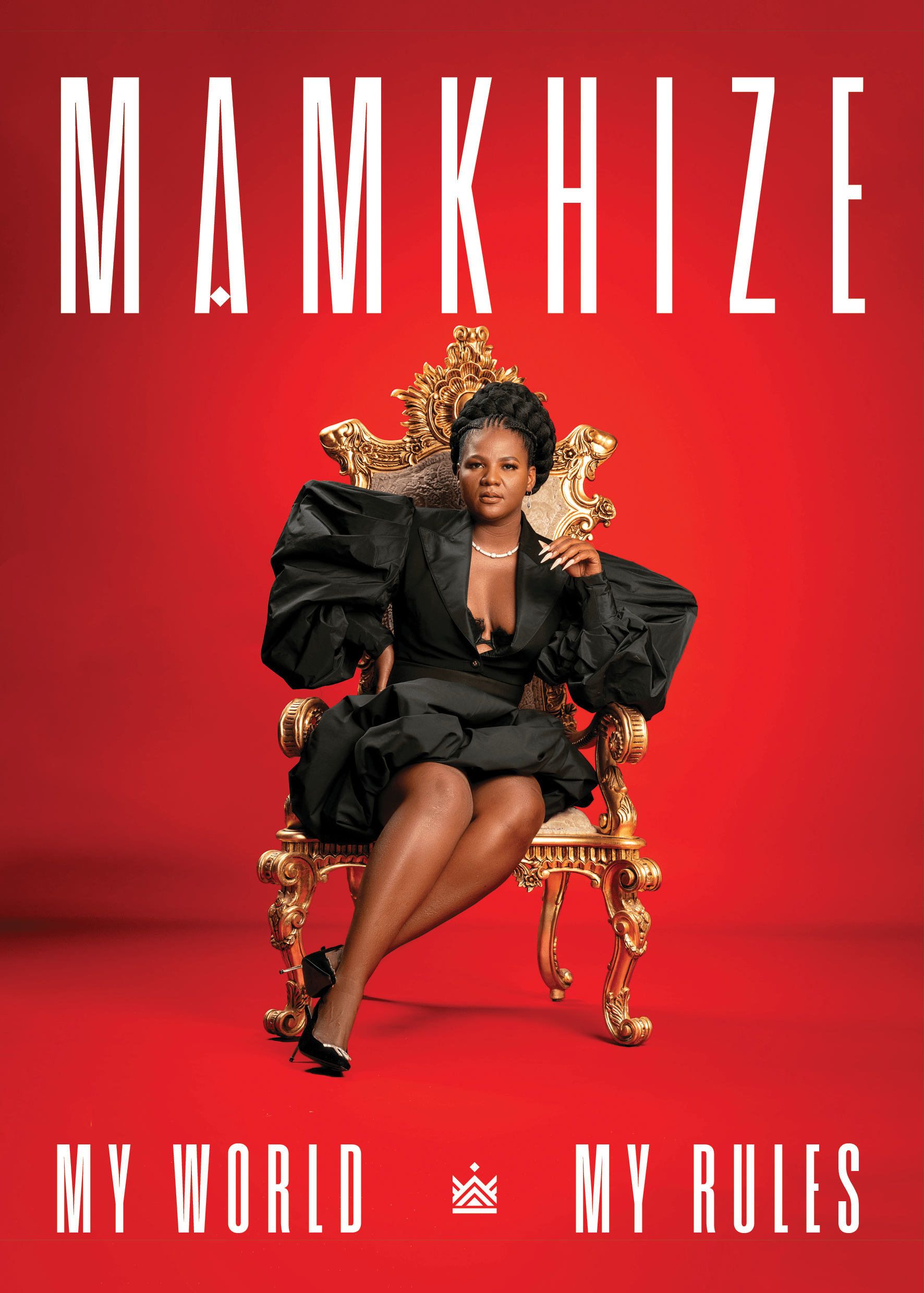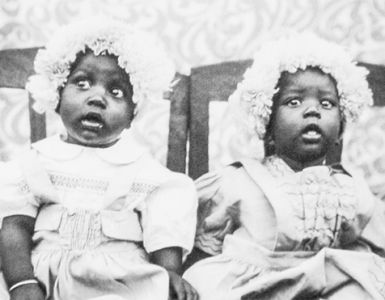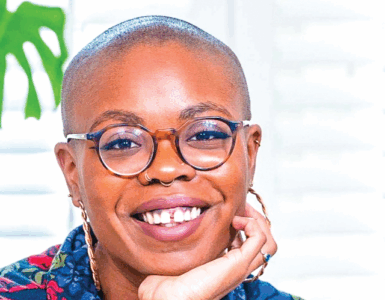FLAMBOYANT: Shauwn, a larger-than-life personality who, like her father and brother before her, is loved and misunderstood, is finally launching her book…
By WSAM Reporter
One of South Africa’s most stylish and wealthy personalities, Shauwn ‘maMkhize’ Mkhize, is to share the details of her amazing life story in memoir, maMkhize My World My Rules, to be released on Tuesday.
With an estimated net worth of R350 million behind her, KwaZulu-Natal-born maMkhize has carved a highly successful business career which has turned into a truly inspirational story for many, especially women.
For her part, maMkhize undeniably suckled her entrepreneurial spirit from her late business personality mother, Florence Mkhize, who once owned a sewing factory in Durban, which she secretly used as a base for her comrades. A die-hard ANC activist, Shauwn’s mother mobilised many women from Natal to travel and attend the Women’s March on August 9 1956. The eThekwini Municipality’s Florence Mkhize Building, located in the city centre of Durban, was named after her mother.
While a combination of political and business acumen has always run in her family, Shauwn experienced a cloistered – yet privileged – childhood, which was torn asunder by the assassination of her father and characterised by her brother’s subsequent quest for vengeance.
Freshly returned from an overseas experience, Shauwn, a young accounting graduate from Durban University of Technology, took off to the big world when she landed what seemed to be a dream job with the multinational corporation that sponsored her training abroad. From thereon, she bravely ventured into business but her quest for self-fulfilment soon dissolved into disappointment, encompassed by work that received insufficient pay.
In the book, she dispels the urban legends about her wealth, family marriage and ensuing divorce. She reflects on the much-publicised story of her reinvention as maMkhize, the soccer boss, and shares the lessons she learned from the experiences that life has given her.
In 2019, maMkhize was announced as the Royal AM football club president, formerly known as Real Kings, a club which secured its franchise from troubled Free State outfit Bloemfontein Celtic, and which is currently under her son’s management and plies trade in the Premier Soccer League.
A woman with astounding agency, maMkhize allows the reader a glimpse into her formative years and her family life.
She illuminates on how these have shaped the woman she is today and manages to delight without spoiling her aura of mystique. This memoir displays the dexterity with which she navigates modern life while striving to maintain the sense of tradition that keeps her grounded.
The book, published by African Perspectives, will be available at Exclusive Books outlets countrywide and online from www.africanperspectives.co.za/product/mamkhize/
LITERARY NOVELIST LAURETTA NGCOBO – CONSIGNED TO RIGHTFUL PLACE
BIOGRAPHY: While editing a collection of writings of South African feminist Lauretta Ngcobo, Barbara Boswell found inspiration in texts that reflected in the late author’s sense that writing is an exercise of freedom…
By Barbara Boswell

When the news filtered through that stalwart novelist, essayist, memoirist, and feminist Lauretta Ngcobo had died in 2015, at the age of 84, a colleague and I lamented that yet another black South Africa women writer would be consigned to obscurity.
To counter this tendency of black women’s intellectual work disappearing from history, Victoria Collis-Buthelezi and I decided to co-edit a special edition of a literary journal, commemorating Ngcobo’s life and work. When HSRC press subsequently approached me to write a biography for their “Voices of Freedom” series, it made sense that I write about Ngcobo, as I had been so immersed in her intellectual and creative life.It was daunting to write of a literary figure who published so many signposts about becoming a writer—her way of illuminating the path so that the next generation of black women writers could follow. I drew on the following texts as guides in constructing a version of Ngcobo’s creative and political life.
I had read Shaun Viljoen’s Richard Rive: A Partial Biography (2013) a few years earlier, and it stayed with me as a beautifully crafted, meticulously researched literary biography. Viljoen’s work is characterised by intellectual humility and the recognition that any biography is always partial, providing flickers and glimmers of insight into an individual’s life as refracted through the lens of the biographer’s interest. Viljoen’s biography reinforced the idea that knowledge construction is always incomplete and that the biographer can never claim to fully know their subject. This is an orientation I took with me as I read and wrote about Ngcobo’s life.
Another text I sought to model was Desiree Lewis’s Living on a Horizon: Bessie Head and the Politics of Imagining (2007). Her study of Bessie Head is a foundational text about both Head and the political power of black women’s imaginations. It was invaluable in showing how to marshal archival material in the service of constructing an argument about the intellectual value of black women’s writing, which is so often dismissed as apolitical or mere stenography.
Lewis’s feminist praxis as a writer also guided me in thinking through the power-relations between subject and biographer.
In her essay, “Constructing Lives: Black South African Women and Biography under Apartheid” (1998), published at a time when feminist scholarship in South Africa was just beginning to excavate knowledges subsumed by apartheid and coloniality, Lewis cautions against portraying black women as perpetual “victims” in biography. Lewis reminds one that biography risks reifying oppression if the biographer is not sufficiently attentive to the power dynamics present in constructing the life of the “other.” This essay guided me to constantly practice reflexivity in my portrayal of Ngcobo, who was a subject often situated between complex and contradictory ideologies and practices of patriarchy, while living quite a transgressive life.
A book that helped me grasp the complexity of Ngcobo’s position, as well as the development of her political consciousness, was Meghan Healy-Clancy’s A World of Their Own: A History of South African Women’s Education (2014).
This book explores the meanings of black women’s education in the making of the South African nation, with a focus on the Inanda Seminary, which Ngcobo attended. Inanda was the first high school for black South African women, founded outside of Durban in 1869, and its ethos as an Anglican mission school profoundly shaped Ngcobo’s intellect, her political ideology, and her femininity.
Besides providing a detailed study of the school’s history and its ideologies of gender, which aimed to produce educated, yet domesticated young women suitable for marriage to the elite African male intellectual class, this volume also contains a detailed interview with Ngcobo, who reflects on her intellectual formation at the school, and how radically she departed from the Inanda tradition when she arrived at Fort Hare University. Ngcobo’s insights into her intellectual and feminist formation show incisive reflexivity on how her gender fundamentally shaped the possibilities open to her as a black intellectual.
Although Ngcobo is primarily known as a novelist who wrote two canonical works of fiction, Cross of Gold (1981) and And They Didn’t Die (1990), she was also a formidable feminist literary critic and literary historian. I relied heavily on both of the collections of women’s life writing she edited: Let it Be Told: Essays by Black Women in Britain (1987) and Prodigal Daughters: Stories of South African Women in Exile (2012). These provided insight into yet another facet of Ngcobo’s activism—her drive to enable other women to write and publish their stories as a corrective to androcentric, racist literary and political histories.
Ngcobo wrote for other women as much as she wrote for herself: I hope that my contribution to studies of her work aids this legacy of feminist generosity.
*Barbara Boswell is a feminist literary scholar and creative writer with research and teaching interests in Black diasporic women’s writing, Black South African women’s literature, and queer theory. The article was sourced from Africa is a country, is a news outlet of opinion, analysis, and new writing on and from the African Left
Published on the 95th Edition




























